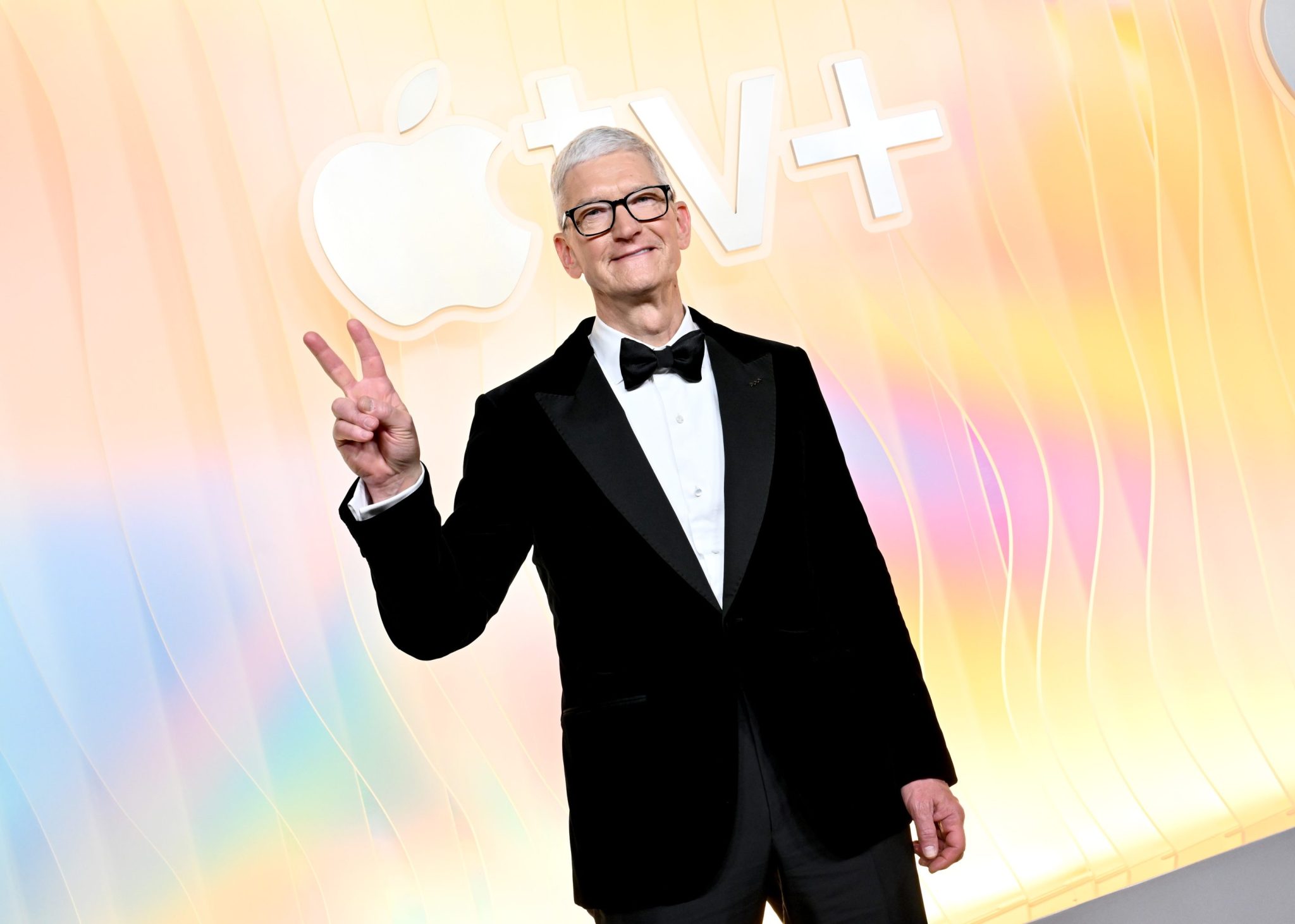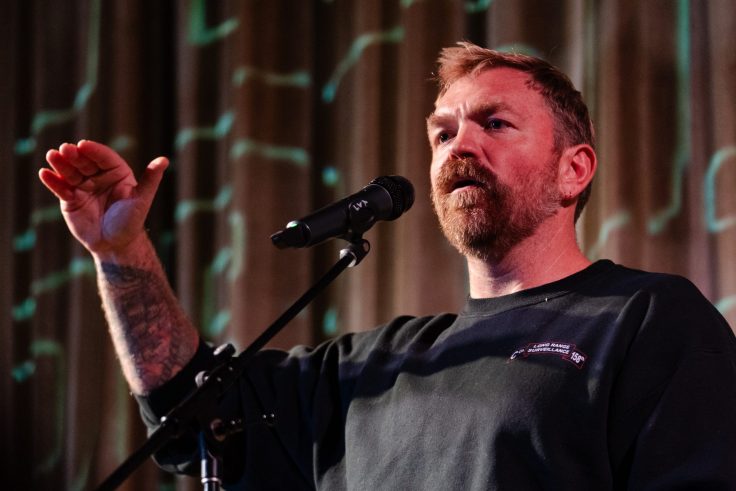After serving as CEO for 14 years, Tim Cook may step down as early as next year, according to a recent report. Apple’s senior vice president of hardware engineering, 50-year-old John Ternus, is widely seen as the most likely successor. However, no final decisions have been made yet, sources told the Financial Times (FT).
Ternus joined Apple’s product design team in 2001 and has overseen hardware engineering for most major products the tech giant has launched since then, according to his LinkedIn profile. He has also played a prominent role during Apple’s recent keynotes, introducing products like the new iPhone Air. Previous reports have also rumored Ternus as a potential successor to Cook.
The company is unlikely to announce a new CEO before its next earnings report in late January. An early-year announcement would allow the new leadership team time to settle in before Apple’s annual events, the FT noted. People close to Apple emphasized that the succession preparations have been long planned and are not related to the company’s current performance, which is expecting strong end-of-year sales.
Apple did not immediately respond to Fortune’s request for comment and declined to provide a statement to the FT.
The $4 trillion company expects year-on-year revenue growth of 10% to 12% for its holiday quarter ending in December. This growth is fueled by the release of the iPhone 17 model in September.
If appointed CEO, Ternus would take the helm at an important time in Apple’s evolution. While the company has enjoyed sales success with the iPhone and new products like AirPods over the past couple of decades, it has struggled to break into artificial intelligence (AI) and to keep pace with its rivals.
Apple has been spending significantly less on AI investments compared to competitors such as Meta (led by Mark Zuckerberg), Amazon, Alphabet, and Microsoft. Analysts have criticized Apple this year for lacking a clear AI strategy.
Its AI-enabled assistant, Siri, originally slated for a major upgrade by 2025, will be delayed until 2026 or later due to a series of technical challenges announced earlier this year.
Apple has also experienced an exodus of senior AI team members since January. Many have joined Meta’s AI and Superintelligence Labs amid intense talent poaching battles. Notably, Ruoming Pang, the former head of Apple’s foundation models and core generative AI team, left for Meta with a compensation package reportedly worth $200 million.
In addition to internal challenges, Apple is facing increased competition from one of its most influential former employees. In May, Sam Altman’s OpenAI acquired the startup io for about $6.5 billion, bringing on board former Apple chief designer Jony Ive to build AI devices. The 58-year-old designer was instrumental in creating iconic products such as the iPhone, iPod, and iPad.
Tim Cook, Apple’s former operations chief, turned 65 this month. Since taking over the CEO role from company co-founder Steve Jobs in 2011, he has grown Apple’s market capitalization from $350 billion to $4 trillion.
Under Cook’s leadership, Apple became the first publicly traded company to reach a $1 trillion market cap in 2018 and later the first to hit $3 trillion in 2022. However, more recently, Apple’s stock price has lagged behind big tech rivals Alphabet, Nvidia, and Microsoft, though it is trading close to an all-time high following strong earnings reported in October.
The company has also faced tariff complications amid U.S.-China trade tensions that have disrupted its supply chain.
Cook has previously expressed his preference for an internal candidate to succeed him, noting that Apple has “very detailed succession plans” in place.
https://fortune.com/2025/11/15/apple-succession-plans-ceo-tim-cook-exec-ai-investment-tech/



